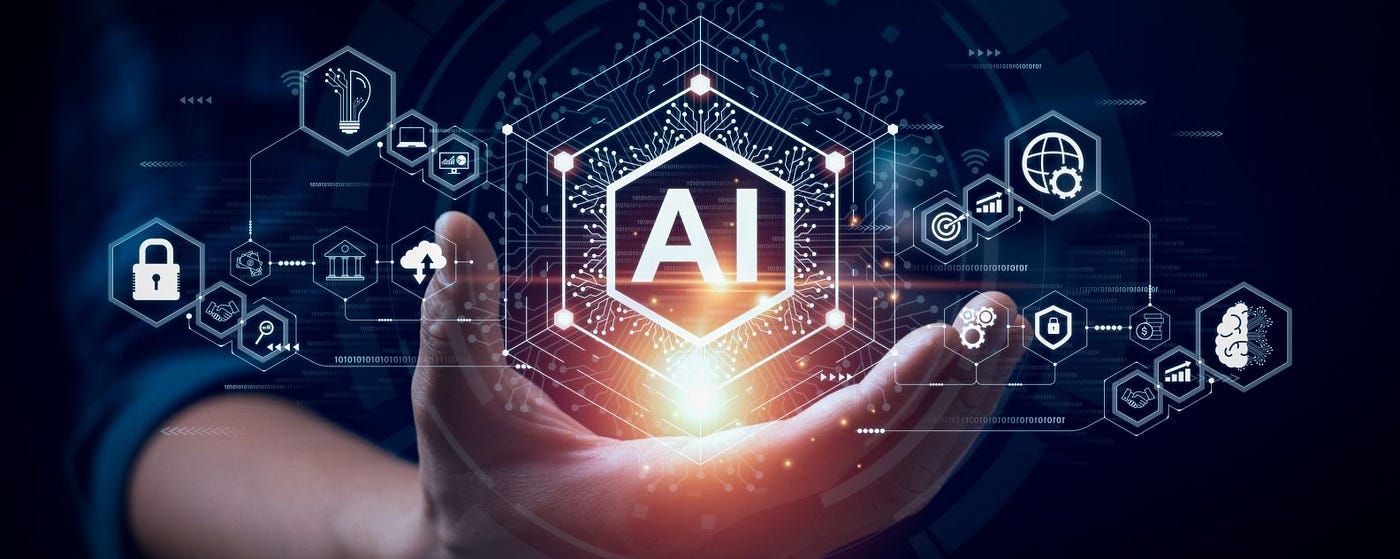Artificial Intelligence (AI) is no longer just a futuristic concept; it’s already here, seamlessly integrating into our daily routines and transforming the way we live, work, and interact. From virtual assistants to personalized recommendations, AI is reshaping modern life in subtle yet powerful ways.
Smart Assistants and Home Automation
One of the most noticeable ways AI has entered our lives is through virtual assistants like Siri, Alexa, and Google Assistant. These AI-powered tools help us set reminders, play music, answer questions, and even control smart home devices. Whether you’re adjusting your thermostat or switching off the lights, voice-activated commands powered by AI have made home automation more convenient and efficient.
Smart appliances, like refrigerators that alert you when groceries are running low or robotic vacuum cleaners that map your home for optimal cleaning, also showcase how AI is redefining home management.
Personalized Content and Recommendations
AI algorithms are the backbone of content personalization on platforms like Netflix, YouTube, Amazon, and Spotify. These systems analyze your behavior, preferences, and usage patterns to suggest movies, products, or songs you’re most likely to enjoy. This personalization enhances user experience and helps businesses improve customer engagement and retention.
Similarly, social media platforms use AI to curate your feed, filter content, and suggest connections. The more you interact, the smarter the algorithms become.
AI in Healthcare
Healthcare is another area witnessing a significant AI revolution. AI-powered diagnostic tools can now detect diseases like cancer or diabetic retinopathy with high accuracy. Virtual health assistants provide 24/7 support, answering queries and helping patients track their medications or symptoms.
Wearable devices like smartwatches and fitness bands use AI to monitor heart rate, sleep patterns, and physical activity, giving real-time feedback and encouraging healthier lifestyles.
Smarter Transportation
From Google Maps optimizing routes to self-driving cars under development by companies like Tesla, AI is making transportation smarter and safer. Real-time traffic predictions, ride-sharing algorithms, and predictive maintenance systems in vehicles all depend on AI to function efficiently.
Moreover, AI is improving logistics and supply chains by forecasting demand, optimizing routes, and minimizing delays—benefiting both businesses and consumers.
The Workplace and Beyond
AI is also transforming workplaces. Automation tools handle repetitive tasks like data entry, customer support, and email filtering, allowing employees to focus on higher-level thinking and creativity. In industries like finance, AI is used for fraud detection, investment analysis, and algorithmic trading.
Chatbots, powered by AI, offer instant customer support across various websites, while AI-driven recruitment tools help HR teams screen candidates faster and more effectively.
Final Thoughts
AI is becoming an invisible partner in our lives, working behind the scenes to make everyday experiences more personalized, efficient, and intelligent. While some concerns around job displacement and data privacy remain, the overall impact of AI so far has been largely positive.

